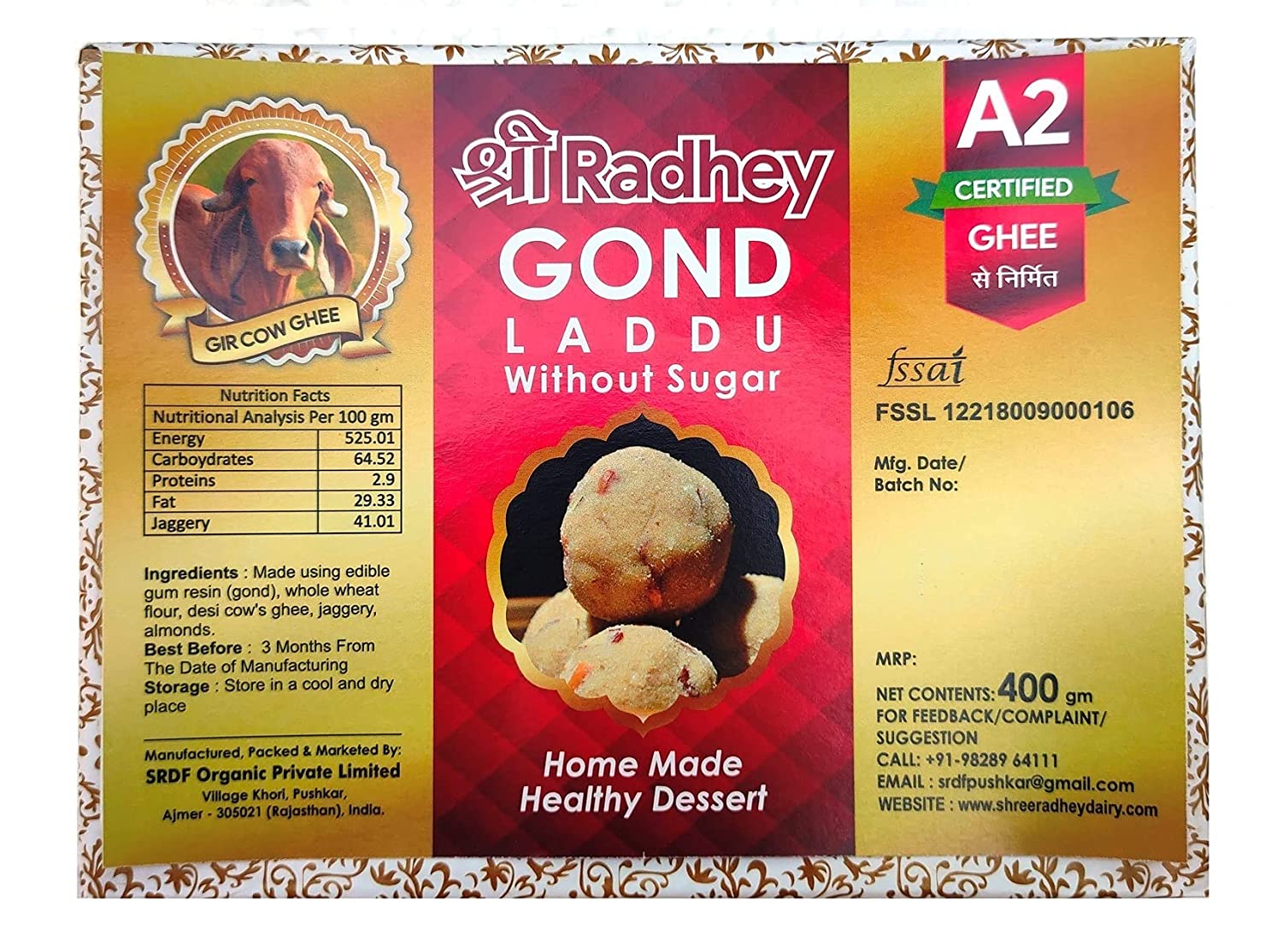Jaggery
Macronutrient
Last update date: October 11, 2023
Jaggery is a traditional unrefined cane sugar consumed in the Indian Subcontinent, Southeast Asia, and Africa. It is made from the juices of palm trees or sugarcane. It is growing in popularity as an alternative to white sugar.
Frequently Asked Questions
1.
What is Jaggery?
Jaggery is a natural sweetener that is gaining popularity as a healthier alternative to refined white sugar. It is a traditional unrefined sugar product made in Asia and Africa. Unlike white sugar, jaggery is not subjected to extensive processing, which helps retain its natural molasses content. This gives jaggery its distinct flavor and rich brown color. Jaggery is often referred to as a "non-centrifugal sugar" because it is not spun during processing to remove the nutritious molasses. It is commonly used in various Indian sweets, desserts, and as a sweetener in beverages.
2.
What is positive impact of Jaggery?
Jaggery is believed to offer several health benefits due to its nutrient content and natural properties. Here are some of the positive impacts of consuming jaggery: Improved Digestive Health: Jaggery contains dietary fiber, which aids in maintaining a healthy digestive system and preventing constipation. Anemia Prevention: Jaggery is a good source of iron, a vital mineral necessary for the production of red blood cells. Regular consumption of jaggery can help prevent iron deficiency anemia. Liver Detoxification: Jaggery is known for its detoxifying properties. It helps cleanse the liver by flushing out toxins from the body, promoting liver health. Improved Immune Function: Jaggery is rich in antioxidants and minerals like zinc and selenium, which help strengthen the immune system, protecting the body against infections and diseases.
3.
What is negative impact of Jaggery?
While jaggery is generally considered a healthier alternative to refined sugar, there are a few potential negative effects associated with its consumption. Here are some points to consider: High Sugar Content: Jaggery has a similar sugar content as white sugar. Excessive consumption should be avoided, especially by individuals with diabetes, as it can cause a spike in blood sugar levels. Allergies: Some people may be sensitive or allergic to jaggery. Allergic reactions can manifest as skin rashes, itching, or respiratory symptoms. If you experience any adverse reactions after consuming jaggery, it is best to consult a healthcare professional. Weight Gain: Excessive consumption of jaggery can contribute to weight gain due to its high calorie and sugar content. It is advisable to consume jaggery in moderation as part of a balanced diet. Digestive Issues: Overconsumption of jaggery, especially when freshly made, can lead to difficulty in bowel movements and indigestion. It is recommended to consume jaggery in limited quantities to avoid such issues.
4.
Who should avoid Jaggery?
While jaggery can be enjoyed as part of a balanced diet, certain individuals should exercise caution or avoid it altogether. Here are some instances where jaggery consumption should be limited or avoided: Diabetic Patients: Although moderate quantities of jaggery may be consumed by individuals with diabetes, overeating jaggery should be avoided as its sugar content is comparable to white sugar. It is essential to monitor blood sugar levels and consult a healthcare professional for personalized advice. Sugar Intolerance: If you have an intolerance to sugar or have experienced allergic reactions after consuming sugary foods, it is advisable to avoid jaggery. Allergic reactions can range from mild to severe, and it is best to consult a healthcare professional for guidance. Digestive Issues: Individuals with digestive problems such as irritable bowel syndrome (IBS) or sensitive stomachs may experience discomfort or indigestion when consuming excessive amounts of jaggery. It is recommended to consume jaggery in moderation or as advised by a healthcare professional.
5.
What are common sources of Jaggery?
Jaggery can be found in various sources, including: -Sugarcane: Jaggery is commonly made from the juice extracted from sugarcane. It undergoes a natural process of boiling and solidification to obtain the final product. -Palm Trees: Jaggery can also be made from the sap of palm trees. The sap is collected and heated until it thickens and solidifies into jaggery. -Coconut: Jaggery made from coconut is known as "coconut jaggery" or "karupatti" in some regions. It is made from the sap of coconut flowers and is widely used in traditional Indian sweets and dishes. Other Sources: Jaggery can also be made from date palms, sago palms, and other sources of sweet sap.








